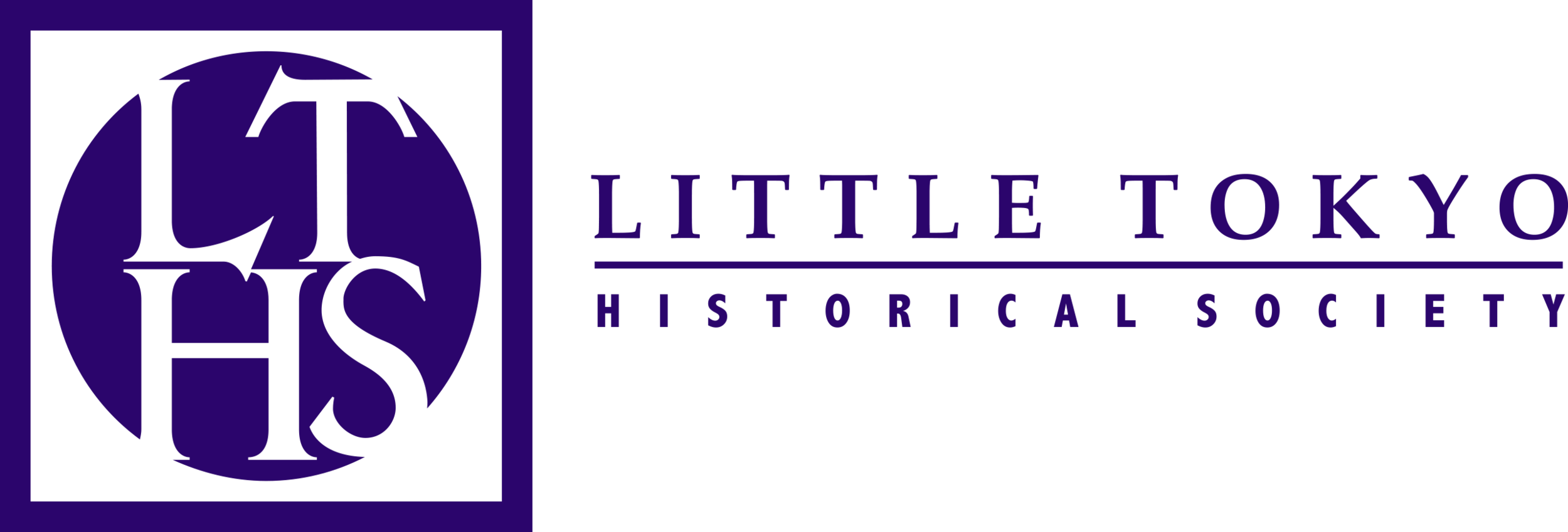Legacy Businesses - Fugetsu-do
Fugetsu-do
315 1st Street Los Angeles, CA 90012 - Directions
(213) 625-8595
https://www.fugetsu-do.com/
Fugetsu-Do has been a family owned and operated confectionery store in Little Tokyo since 1903. Japanese rice cakes, more commonly known as mochi (rice cake) and manju (sweet bean-filled rice cake), are the staple. The shop, which is currently operated by Brian Kito, is located on East First Street, in the heart of the Historic District of Little Tokyo. Some of the family history was shared with me, and I welcome the opportunity to put down on paper one family's history in the United States.
Seiichi Kito would distribute early copies of the Japanese American newspaper, the Rafu Shimpo, which was free in those days. Often, people who wanted to pick up a copy of the Rafu, which also began in 1903, would buy something from Fugetsu-Do, as well. So, the two family businesses were helping each other from the earliest days. As time went on, products from Fugetsu-Do were in demand up and down the coast of Southern California.
As Fugetsu-Do flourished, so did Little Tokyo. Fugetsu-Do's success was largely due to the hard work of the entire Kito family. Early account tells of Seiichi's wife, Tei, running the front counter while their six children helped out. Not only the Kitos, but Tei's brother, Sakuma, was very instrumental to the early success of the Fugetsu-Do, as well. This labor-intensive business kept members of both families quite busy.
Little Tokyo was the social, cultural, religious and economic center of the largest concentration of Japanese Americans in the US, and during the holidays, comfort foods were in high demand. Manju and mochi are traditional gifts in the Japanese custom, and during the few weeks before New Year's Day, the entire Kito family would work around the clock to fill the large number of orders.
Seiichi and Tei were to have six more children. But of the twelve children, five did not survive childhood, including the two eldest. Children not making it to adulthood was quite common in those days. And tragically, Tei passed away in 1920, a year after the birth of their son, Roy. Suddenly, Seiichi found himself to be a widower and a single parent of seven children. He was forced to make the difficult decision of having some of his children raised in Japan by in-laws and close family friends. Roy, the youngest child, was one of those to be raised in Japan. Seiichi Kito would later be verified as the inventor of the fortune cookie in a letter dated July 16, 2003 from a member of the Chinese Historical Society of New England located in Boston, Massachusetts.

